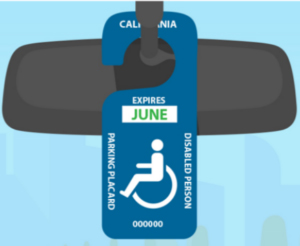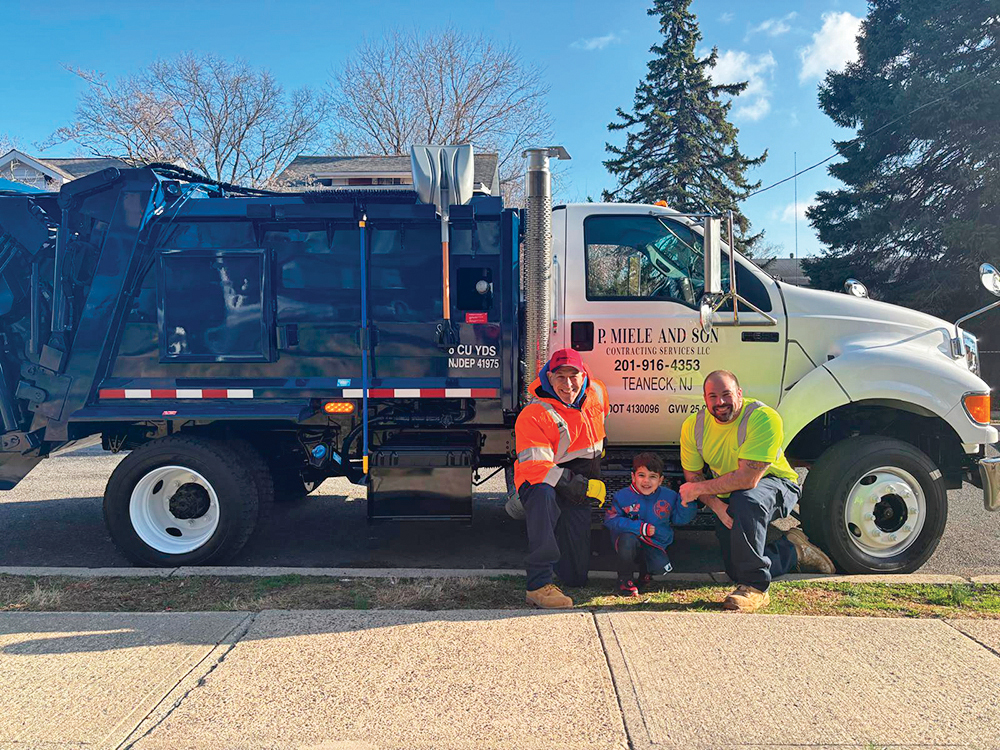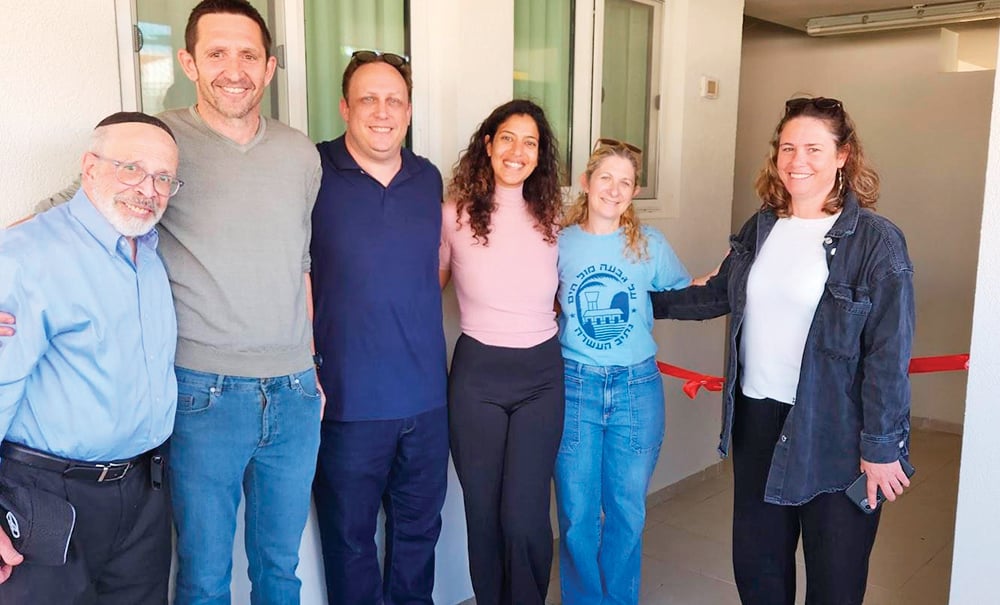
QUESTION: Recently, while playing basketball, I tore my Achilles heel tendon. The recovery time, I am told, is six months. The doctor gave me a form for handicapped parking which is valid for three years. I am wondering if I could continue to use the handicapped parking sign after the six month recovery period, or if it is dishonest to use it after my injury is healed.
ANSWER: A lot of what you are asking is actually a medical consideration. There is often a period of time where excess walking may trigger your tendon to snap again. You need to ask an expert doctor about the chances of this happening after the six month recovery. If the doctor says that the chance of re-injury is practically nil at say, 12 months, you should stop using the handicapped sign at that time. The reason is that parking in a handicapped spot when you are no longer suffering from an injury is considered actively parking where you do not have permission to park—even if you display a handicapped sign.
The violation involved is actually stealing. The Talmud (Bava Basra 88a) records a debate between Rabbi Yehuda and the Chachamim (Sages) as to whether borrowing an item without permission renders a person a gazlan—a thief—or whether he simply has the status of a borrower.
Rabbi Yehuda maintains that he does not have the halachic status of a thief, while the Sages maintain that he does. The Rif and the Rambam both rule in accordance with the sages that he is considered a thief. Indeed, this is also the ruling of the Shulchan Aruch in five different places (CM 292:1; 308:7; 359:5; 363:5).
Does this apply in all cases? In this scenario there is no stolen value per se in parking in a reserved handicapped space. While this may be the case, the Chazon Ish (BK 20:5) writes that the prohibition of sho’el shelo midaas—borrowing without permission—applies even when the item is not something that generally has a market value, and even if the value is less than that of a prutah.
How do we know that borrowing without permission also applies to being on someone’s land? Maybe in order to borrow, you have to physically take an object? Here, you are just taking up airspace on someone’s land.
There is strong indication from a Rashbam in Bava Basra 57b that sho’el shelo midaas applies to land as well. He discusses a case of two partners who own a property. There, writes the Rashbam, we are lenient and assume that one gives the other permission to place his animals on the land without explicit consent. In such a case, he would not be considered a sho’el shelo midaas since they are partners and would let each other do what they want with their shared property. The Rashbam therefore clearly states that when not dealing with partners of a property, trespassing would be subsumed under the concept of sho’el shelo midaas.
Backing up this idea is a ruling from Rav Chaim Kanievsky, zt”l as related by Rabbi Pesach Krohn. Rabbi Shimon Grama had posed the concept that if someone goes to minyan and parks in a handicapped spot it is considered a mitzvah habaah b’aveirah and one gets no credit for davening there. One who takes up the parking space that should be reserved for those in need in order to daven is actually doing a mitzvah and not an aveira.This backs up the idea that trespassing on land is theft. Rav Chaim, zt”l added that it is NOT mesirah to call the police on someone who parked in such a spot. So dump the handicapped sign as soon as it is no longer applicable.
The author can be reached at yairhoffman2@gmail.com













